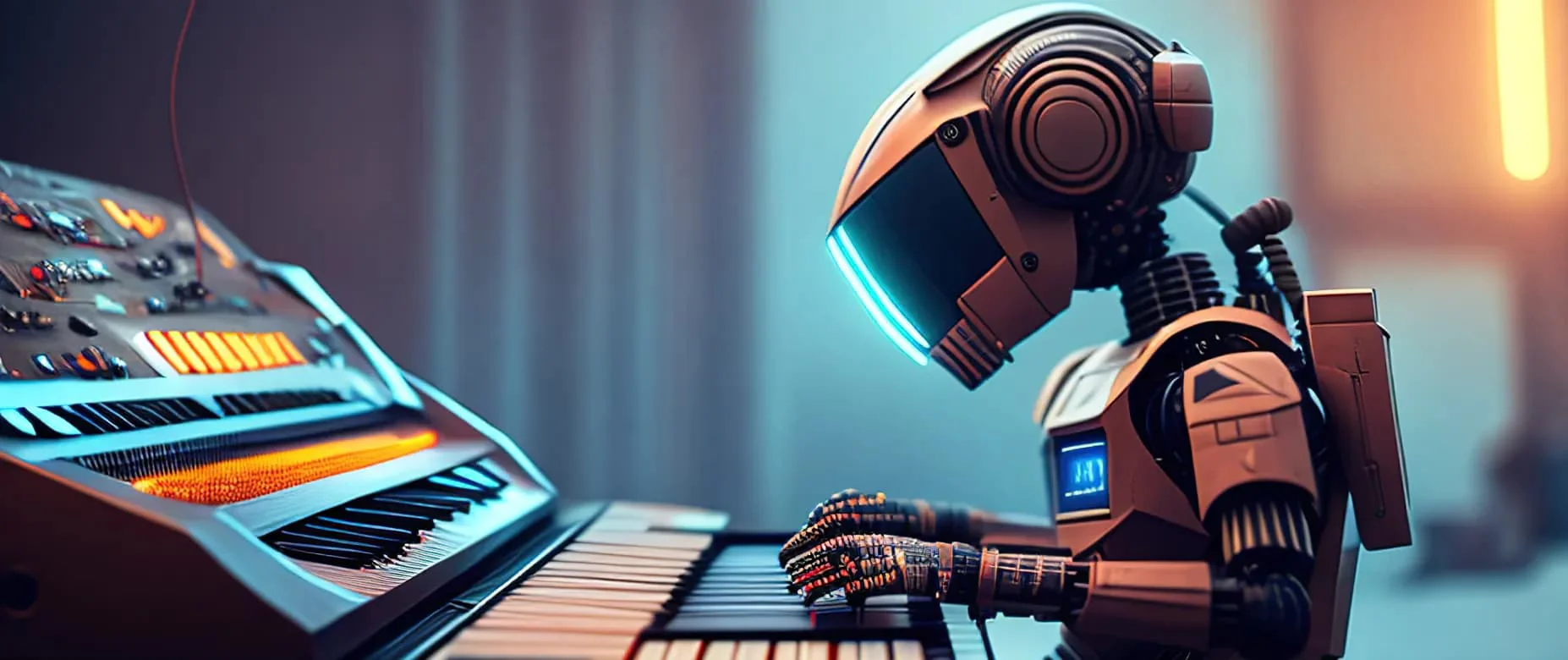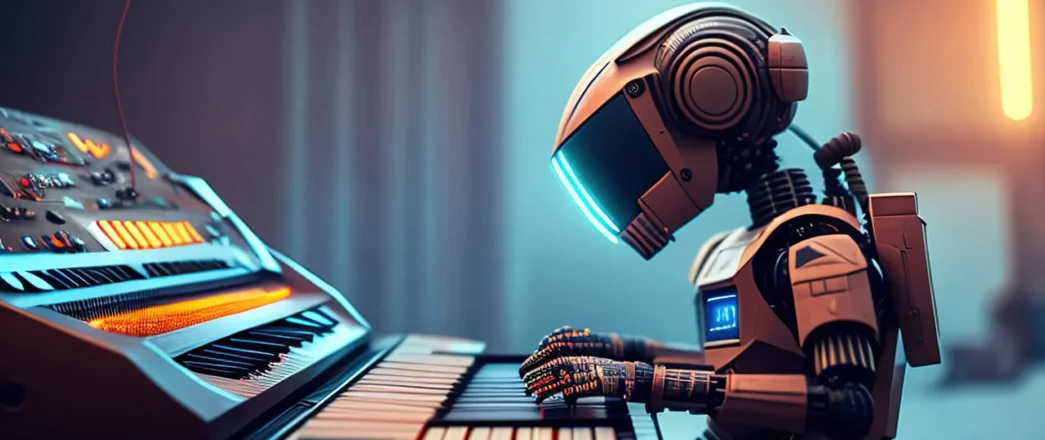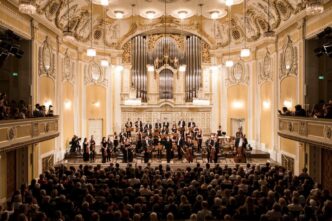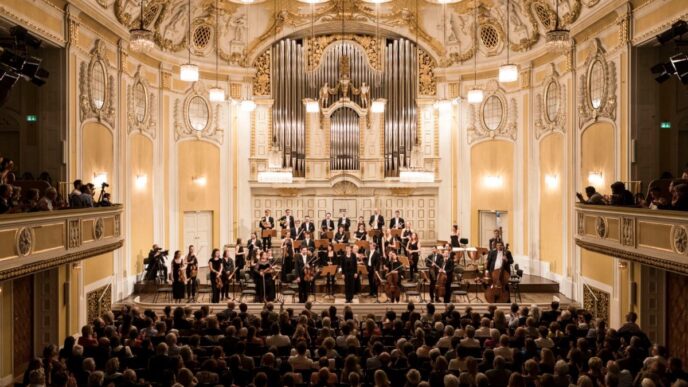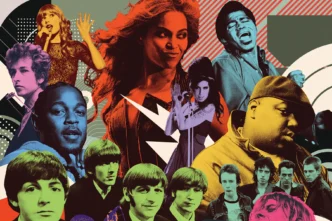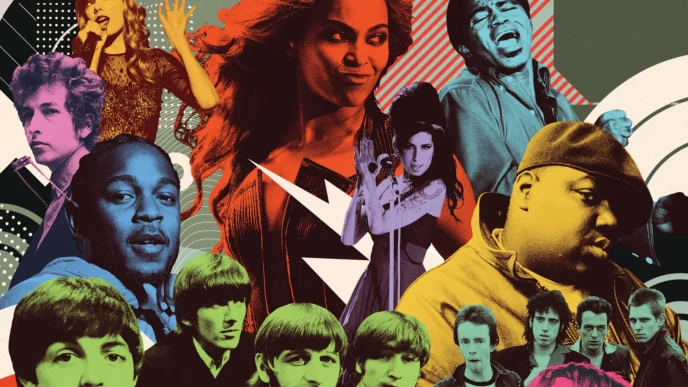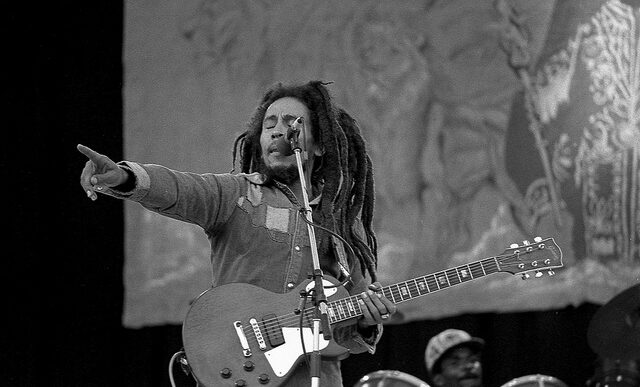Artificial Intelligence (AI) is revolutionizing the music industry, reshaping how music is created, produced, and experienced. From composing melodies to mastering tracks, AI is becoming a powerful tool for artists, producers, and listeners alike. Here’s an exploration of AI’s transformative role in the future of music production.
1. AI as a Creative Partner
AI tools are increasingly assisting artists in the creative process. Programs like AIVA and OpenAI’s MuseNet can compose music in various styles, offering artists new ideas and inspirations. These tools act as collaborators rather than replacements, allowing musicians to explore fresh creative directions.
2. Streamlining Music Production
AI-powered software can simplify complex production tasks. For instance:
- Auto-mixing and mastering tools like LANDR and iZotope Ozone reduce the time and technical expertise needed to produce professional-quality tracks.
- AI can optimize equalization, compression, and reverb settings, helping producers focus on the artistic aspects of music-making.
3. Personalized Music Creation
AI allows for hyper-personalized music experiences. Platforms like Endel use AI to create adaptive soundscapes tailored to a listener’s mood, activity, or environment. This personalized approach could redefine how we consume and interact with music.
4. AI in Sound Design
Producers are using AI to generate unique sounds and effects. AI-driven synthesizers, such as those by Google’s Magenta project, can create entirely new audio textures, pushing the boundaries of traditional sound design.
5. Enhancing Collaboration
AI tools facilitate collaboration across distances and skill levels. For instance, AI platforms can analyze and integrate contributions from multiple musicians in real-time, making remote music production seamless and efficient.
6. Revolutionizing Music Education
AI-powered platforms like Yousician and Flowkey are transforming music education by offering interactive, personalized learning experiences. Aspiring producers can also use AI-driven tools to learn production techniques through hands-on experimentation.
7. Solving Rights Management Challenges
AI is playing a role in tracking and managing copyrights. By analyzing audio fingerprints, AI can identify song usage across platforms, ensuring artists receive proper royalties and addressing issues of plagiarism.
8. Challenges and Ethical Considerations
While AI offers exciting possibilities, it also raises ethical questions:
- Authenticity: Does AI-generated music lack the emotional depth of human creation?
- Ownership: Who owns the rights to AI-composed music— the artist or the developer?
- Job Displacement: Will AI tools reduce demand for traditional music production roles?
9. AI and the Democratization of Music
AI is lowering barriers to entry in music production, enabling anyone with a computer to create music. This democratization fosters greater diversity and innovation but also increases competition in an already crowded industry.
10. The Future of AI in Music
The future likely holds deeper integration of AI in music production, from real-time AI collaboration during live performances to entirely new genres of music created by AI systems. As technology evolves, AI will remain a tool for expanding the horizons of creativity while complementing human artistry.
Conclusion
AI is reshaping the music production landscape, providing tools that empower artists, streamline workflows, and enhance creativity. While challenges remain, the collaboration between human ingenuity and machine intelligence is poised to lead to a new era of musical innovation.
Topics: AI and Creativity AI Challenges AI Composition AI in Music Artificial Intelligence Future of Music Music Innovation Music Production Tools Music Technology Sound Design
